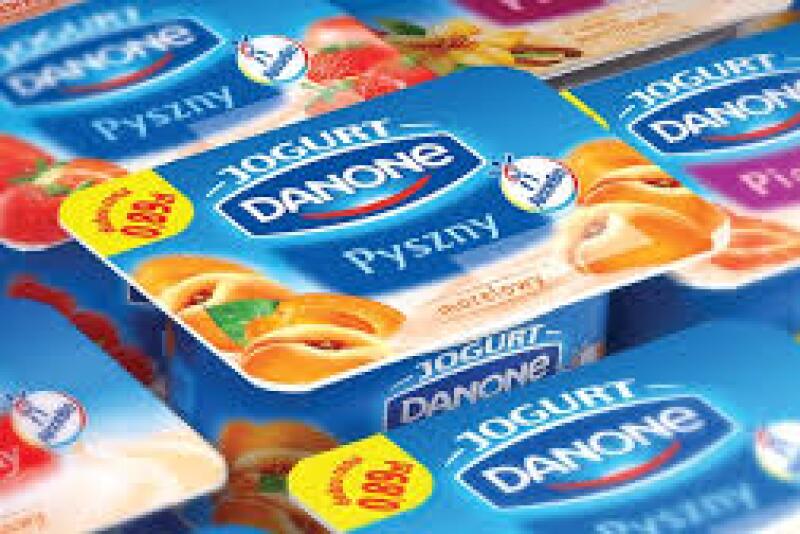Check our advice monitor on ProFarmer.com for updates to our marketing plan.
Call it a good problem to have. Relentless demand for high-protein foods is leaving food companies struggling to keep up.
Danone, the world’s largest yogurt maker, said sales are soaring among those taking weight-loss drugs, but supply constraints have left it and other dairy companies struggling to add manufacturing capacity to meet demand, Food Dive reported Thursday.
Juergen Esser, Danone Group Deputy CEO and chief financial, technology and data officer, told investors on a conference call that the company is “quite seriously kept” by production capacity while high-protein yogurts fly off the shelves, the report said.
Food Dive noted that protein has become a “powerhouse” ingredient, with food companies adding it to everything from waters to desserts. The surge is tied rising interest in health, along with the growing use of GLP-1 medications for weight loss, the report said. Yogurt makers have been a top beneficiary of the trend.
Sales have soared, with Danone and others rushing out a range of new products.
Sugar futures feel heat from Brazil’s booming ethanol industry
Raw sugar futures traded Thursday at their lowest since December 2020, feeling pressure on speculation India could approve exports this season in response to lower-than-expected volumes being diverted to ethanol production, Bloomberg reported.
The most actively traded contract in New York fell 1.1% at its session low to 14.21 cents a pound before bouncing back to end with a small gain, the report said. Futures are down around 25% so far this year amid expectations for a large global crop and for less cane to be diverted to ethanol, Bloomberg said. The report noted that Brazil’s booming ethanol industry is getting much of the blame for weak prices, incentivizing sugar producers to boost production.
Notable closes
It was all eyes on soybeans after President Donald Trump and Chinese leader Xi Jinping agreed to a trade truce in South Korea overnight, with the market slipping on a lack of detail over potential purchases despite Trump’s reassurance Beijing would make “tremendous” buys. Sentiment perked up in early morning hours after Treasury Secretary Scott Bessent said China would buy 12 million metric tons of soybeans by late January, followed by purchases of at least 25 million metric tons in subsequent years.
In the end, January soybean futures finished with a gain of 13 ¼ cents at $11.07 ¾, a 13-month high, after trading in a 44-cent range and leaving a bullish “outside” day on the daily bar chart.

